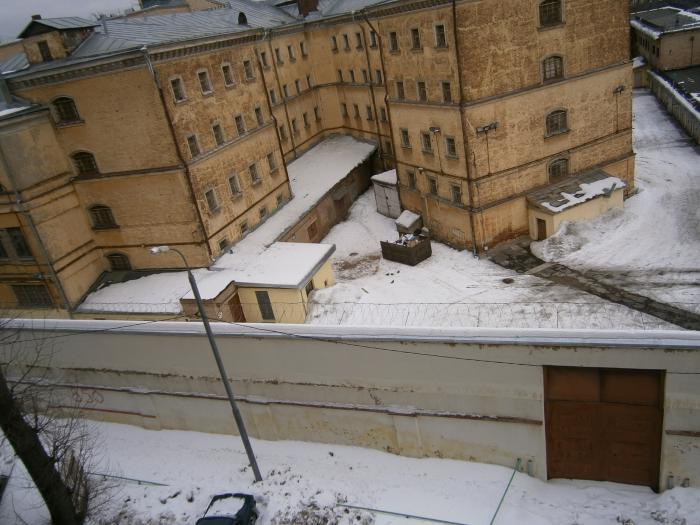ROK missionary helping migrant workers arrested in Russia, his superiors say
Baek Kwang-soon, 53, is being held on espionage charges. The Love Rice Sharing Foundation, a Protestant charity he works for, says that “all sorts of Russians, Thai and North Korean workers” are “in need, and we provide them with clothes, food, and gospel.” Last month, North Korea sent 300 workers, despite a UN ban.
Seoul (AsiaNews) – A member of the Love Rice Sharing Foundation was arrested in Russia yesterday. The Protestant charity is based in the Republic of (South) Korea (ROK) and collects food, medicine, and clothes to donate through missionaries.
“We were all flabbergasted at the news of his arrest as he is an innocent missionary deeply committed to spreading God’s love to the world,” said the Foundation, upon hearing the news.
Baek Kwang-soon, 53, was in Russia's Far East to be close to North Korean workers sent to Russia by Kim Jong Un's regime in violation of UN resolutions.
According to the Russian news agency TASS, the Christian pastor was arrested in Vladivostok at the start of the year only to be moved to Moscow's Lefortovo detention facility in February, where high-profile political and foreign detainees are usually held.
A Russian court has extended Baek's detention order until 15 June for further investigation. The missionary has been accused of handing over confidential information to foreign intelligence services through a messaging app, local sources report.
South Korea's foreign ministry confirmed the news, noting that it is in contact with the Russian government, but declined to provide further details, saying that inquiries were underway.
According to Yang Moo-jin, a professor of political science at the University of North Korean Studies, there is a lot of missionary activity in Vladivostok, in Russia’s Far East near the border with North Korea and China.
“There have always been layers of diplomatic as well as intelligence activities to protect them as they are South Korean nationals,” he explained.
The region has “all sorts of Russian, Thai and North Korean workers who are poor people, people in need, and we provide them with clothes, food, and gospel,” said Rev Lee Seon-gu of the Love Rice Sharing Foundation.
The charity, he added, also helps North Korean fugitives in Russia “without inciting defections or encouraging people to defect,” he said.
According to experts, such activity can only be possible thanks to the support of South Korea’s secret services.
"This kind of thing would put our missionaries at risk of being arrested and used for political purposes," Lee said. “Baek not only helped North Korean workers, but also migrant workers from other countries.”
For years, North Korea has been sending its workers to Russia (and China) to earn foreign exchange that the regime desperately needs, despite UN resolutions banning activities that might provide funds for North Korea’s missile and nuclear programmes.
North Koreans work mainly in the logging industry and send about half of their salary home. However, since COVID-19 restrictions were eased, more North Koreans stranded abroad were allowed to return.
“There is certainly a process going on right now to bring many of those individuals home, but at the same time we are seeing movements of new groups of workers being dispatched overseas,” said Julie Turner, the State Department’s special envoy on the country’s human rights issues.
According to South Korea's Yonhap news agency, 300 North Korean workers were sent to Russia last month alone, arriving by train at a station near Vladivostok. In many cases, Moscow issues student visas to North Korean workers, making it hard to track them.
Some details about the arrest of the Protestant missionary are still unclear. Russian tax records show that in March 2020, Baek had registered a company called White Stone, as a tour operator.
In the red since 2021, the company also sold textile goods and engaged in farmwork like rice processing, construction, and repair services.
Rev Lee said that rice processing is part of the Love Rice Sharing Foundation’s humanitarian work. Probably, “Russia’s backlash might be due to our government’s support for Ukraine, defending freedom and democracy,” he said.
Diplomatic relations between Russia and South Korea have in fact progressively deteriorated in recent years due to the rapprochement between Moscow and Pyongyang (which has supplied Russia with weapons for use in Ukraine), while Seoul has pursued closer ties with Washington.







.png)










